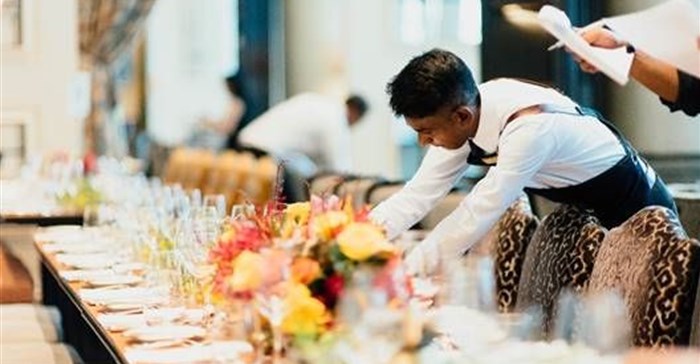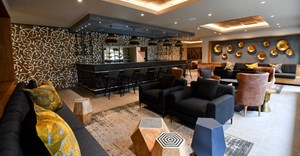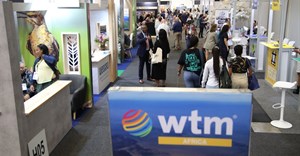Trending



 Does anyone know what content is any more?Justine Drake
Does anyone know what content is any more?Justine Drake

Elections 2024
Jobs
- General Manager Vereeniging
- Front Desk Coordinator/Receptionist Vereeniging
How hospitality companies abroad are using tech to survive the pandemic
The closing of hotels has been used as a key preventative measure to stop the spread; this has opened a huge gap for the ICT Industry to showcase its expertise by improving hotels operations without any face-to-face interactions, adhering to safety measures, maintaining social distance and less physical contact.

To stay in business, hospitality companies globally have begun to improve their business models, strategies, and have adapted to new and advanced technology services.
Using Near Field Communication (NFC), a next-generation short-high frequency wireless communication technology, businesses have begun to exchange data between devices, enabling mobile payment methods that offer smartphone touch to a credit card, providing an instant and secured process.
Communication apps
Hotels have now also opted to use digital methods for guest check-ins and check-outs through mobile communication apps to eliminate any physical contact. The deployed tech systems provide remote access to the front desk, simplifying customer service functions, through chats bots or live chats with hotel staff members.
In other countries, hotels have developed a 24-hour interactive guest room assistant using the ICT systems such as room control robotics. The new robotics are now part of the society to reduce the load of work done by staff members from preparing guest rooms, cleaning and delivery services. The robots carry luggage or bags, they can deliver room service and provide travel information.
Moreover, hotels abroad have also made use of invented smart systems such as drones for delivery tasks to reduce physical contact inside the hotel.
Technology enhancements have allowed people to live smarter, safer and more productive lives. The introduction of self-service using the mobile app has made the process easier to reach guests’ demands in time for different individuals covering almost every aspect of hospitality through mobile devices.
Technological innovations
To maintain social distance and hygiene, the implemented automated service system from operating the kiosk to ordering room service is done with a digital device instead and these digital interactions technology systems can personalise the experience for guests in their own rooms.
Adhering to the Covid 19 regulations, more improved technologies have improvised hygiene inside the guestrooms using virtual TV control systems to replace traditional TV remotes to decrease the infection contamination risk.
Many leading hotel groups internationally have started to install high-density Wi-Fi and started to offer in-building mobile phone coverage as guests have come to expect these services during their stay or if they're hosting a conference or function at the hotel.
Hotels have also implemented effective conference facilities of which technology plays a huge role in network designing, indoor mobile phone coverage, Wi-Fi connectivity, real-time locations services (RTLS) and internet protocol television (IPTV), as well as AV and digital equipment, have to be implemented.
All these new technological innovations are created to improve livelihoods, a new way to monitor guest’s activities, manage contact tracing and help control the spread of the virus as well as changing the future of the hospitality industry.
All these new technological innovations are created to improve livelihoods, a new way to monitor guest’s activities, manage contact tracing and help control the spread of the virus as well as changing the future of the hospitality industry.
Less physical contact is highly practised with more hotels increasingly installing smart room access key systems that allow guests to unlock their doors by swiping their phones, a safe room entry without touching the door.
The pandemic crisis is sure to leave new technological innovations at being implemented at a fast rate to elevate the guests experience in an improved, irresistible and higher standard of care.
About Marilyn White Radebe
Marilyn White Radebe is a Director of various companies, including Edu-Supply and most notably CEO of Soma-Solutions, where she has been responsible for the execution of the strategy and to provide executive leadership which has enabled Soma-Solutions to grow and much as it has.With over 18 years of experience in the ICT Industry, Marilyn has gained extensive knowledge on digital solutions for SMMEs and large enterprises. Her core competence is in ICT, digital transformation, governance, strategy and business development. Marilyn also serves as a board member of the MICT (Media and Information Communication Technology) SETA.









